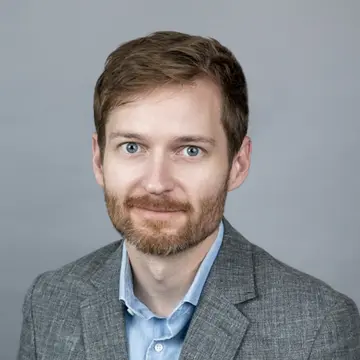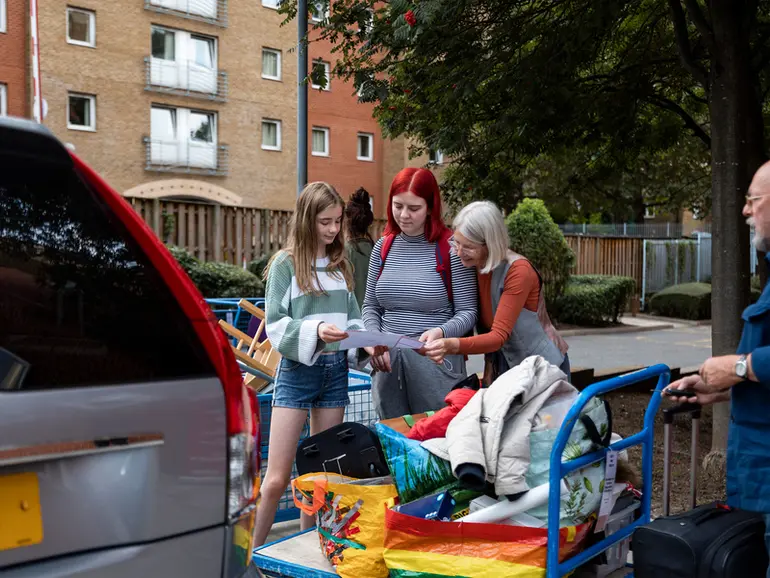Study demonstrates the value of ‘long ties’
Maintaining relationships with distant contacts takes work but results in a more diverse network and increased access to economic opportunities.

Faculty
Dean Eckles is the William F. Pounds Professor of Management and a Professor of Marketing at MIT Sloan. He is Associate Director of the Institute for Data, Systems & Society in the Schwarzman College of Computing.
His substantive research examines people's interactions with and through communication technologies, especially the ways these technologies mediate and direct social influence. This work sometimes requires or benefits from new analytical methods, so Eckles also works on applied statistics, design of field experiments, and causal inference.
Prior to joining MIT, he was a scientist at Facebook and Nokia.
Eckles received his BA in philosophy, a BS and MS in cognitive science, an MS in statistics, and a PhD in communication, all from Stanford University.
Featured Publication
"Estimating Peer Effects in Networks with Peer Encouragement Designs."Eckles, Dean, René F. Kizilcec, and Eytan Bakshy. Proceedings of the National Academy of Sciences Vol. 113, No. 27 (2016): 7316-7322.
Featured Publication
"Bias and High-Dimensional Adjustment in Observational Studies of Peer Effects."Eckles, Dean, and Eytan Bakshy. Journal of the American Statistical Association Vol. 116, No. 534 (2021): 507-517. Supplemental Materials. arXiv Preprint.
Mohsen Mosleh, Cameron Martel, Dean Eckles, and David G. Rand. In Proceedings of the 2021 ACM CHI Virtual Conference on Human Factors in Computing Systems, New York, NY:. Forthcoming.
Kumar, Madhav, Dean Eckles, and Sinan Aral. Management Science. Forthcoming. arXiv.
Aronow, Peter M., Dean Eckles, Cyrus Samii, and Stephanie Zonszein. In Cambridge Handbook of Advances in Experimental Political Science, edited by Donald P. Green and James Druckmann, Cambridge, UK: Cambridge University Press. Forthcoming. arXiv Preprint.
Eckles, Dean, Nikolaos Ignatiadis, Stefan Wager, and Han Wu. Biometrika Vol. 112, No. 2 (2025): asaf003.

Maintaining relationships with distant contacts takes work but results in a more diverse network and increased access to economic opportunities.

New study shows big changes early in life can help strengthen connections with others.
What has arrived with social media is the potential for some posts to go viral, which allows their visibility to grow exponentially.
At The Social Media Summit, conversations ranged from the war in Ukraine and disinformation to transparency in algorithms and responsible AI.
[Prof.] Dean Eckles [and co-authors] said their study provided the first systematic analysis of cross-platform campaigns.
... research supports the idea that social media can be a force for pro-vaccine persuasion, under the right circumstances.